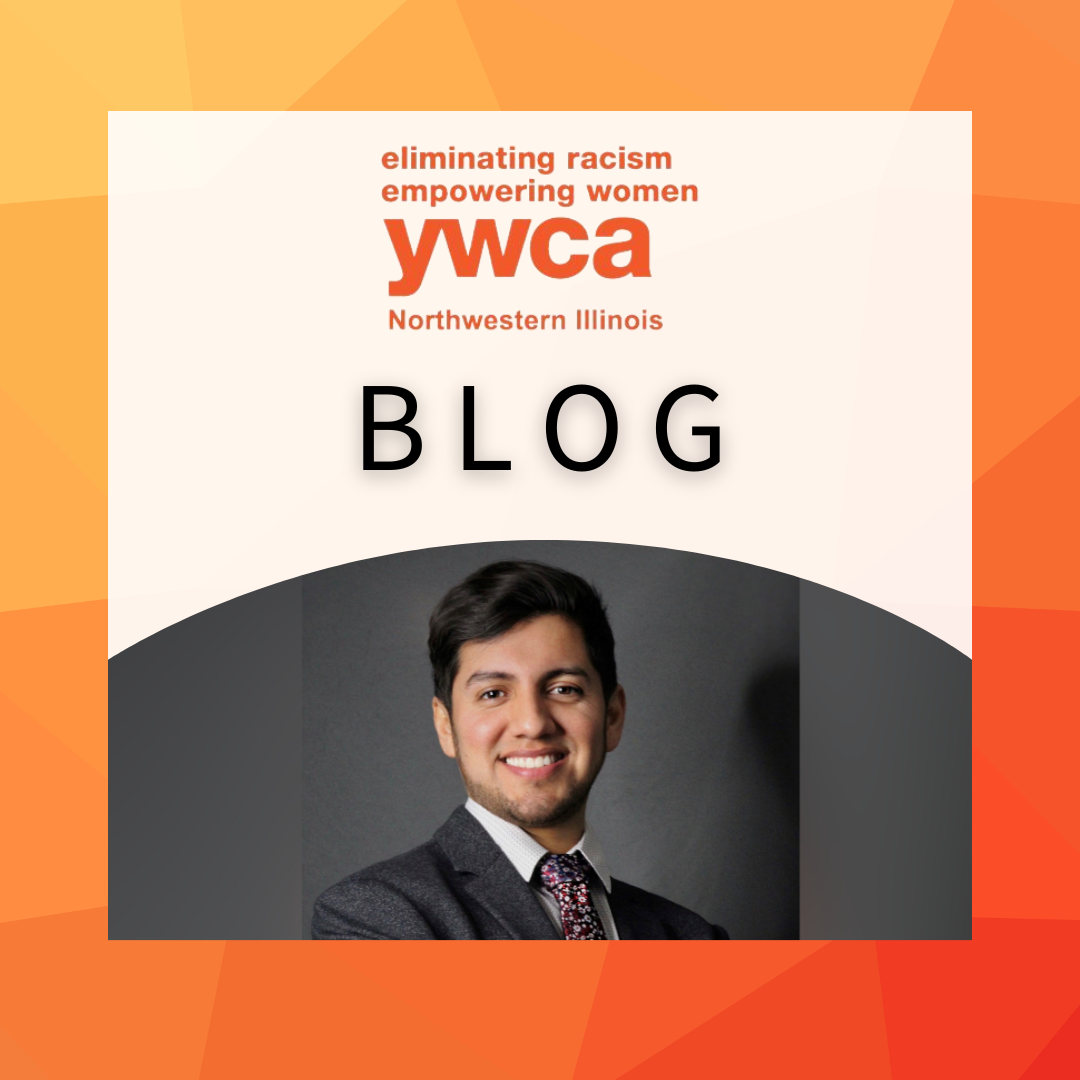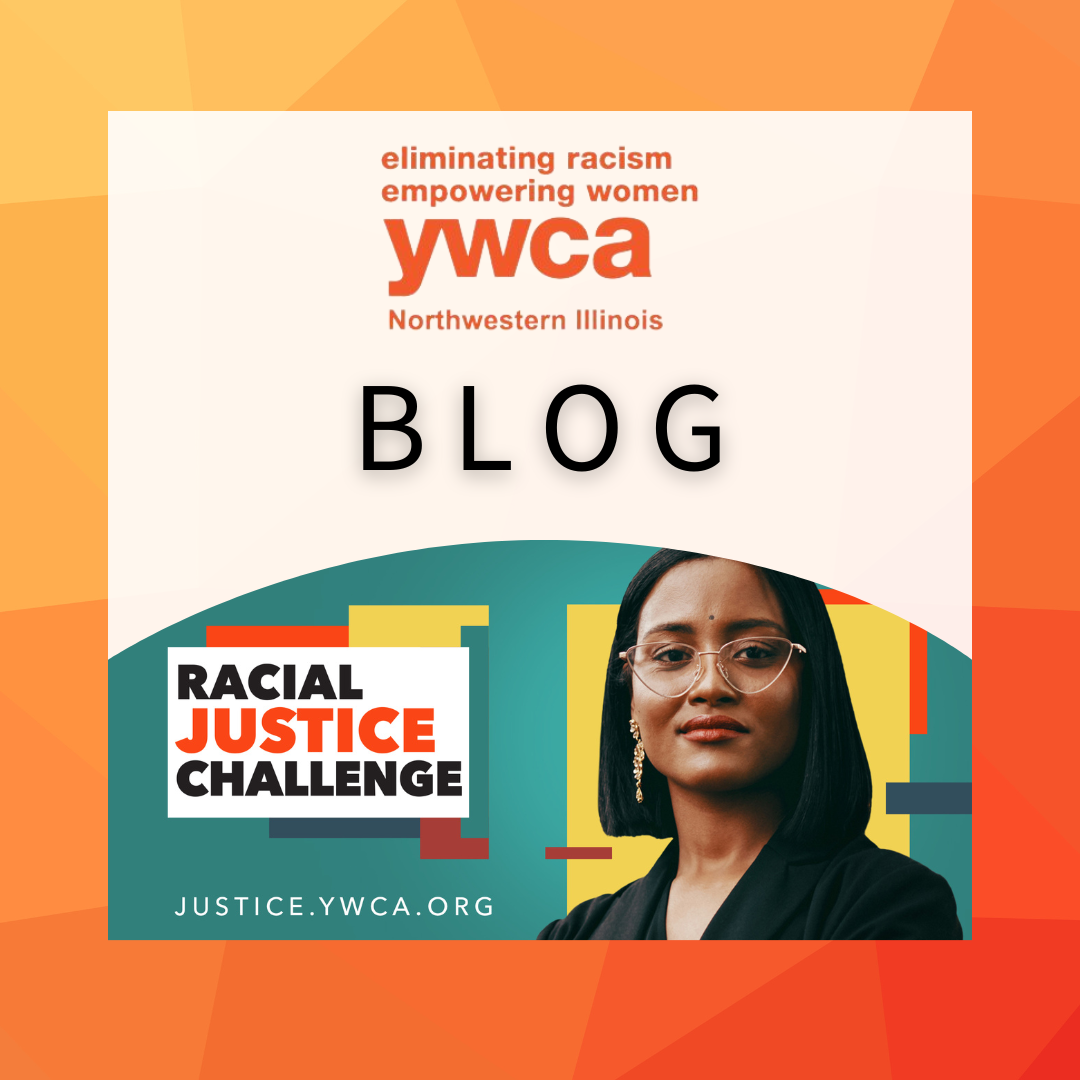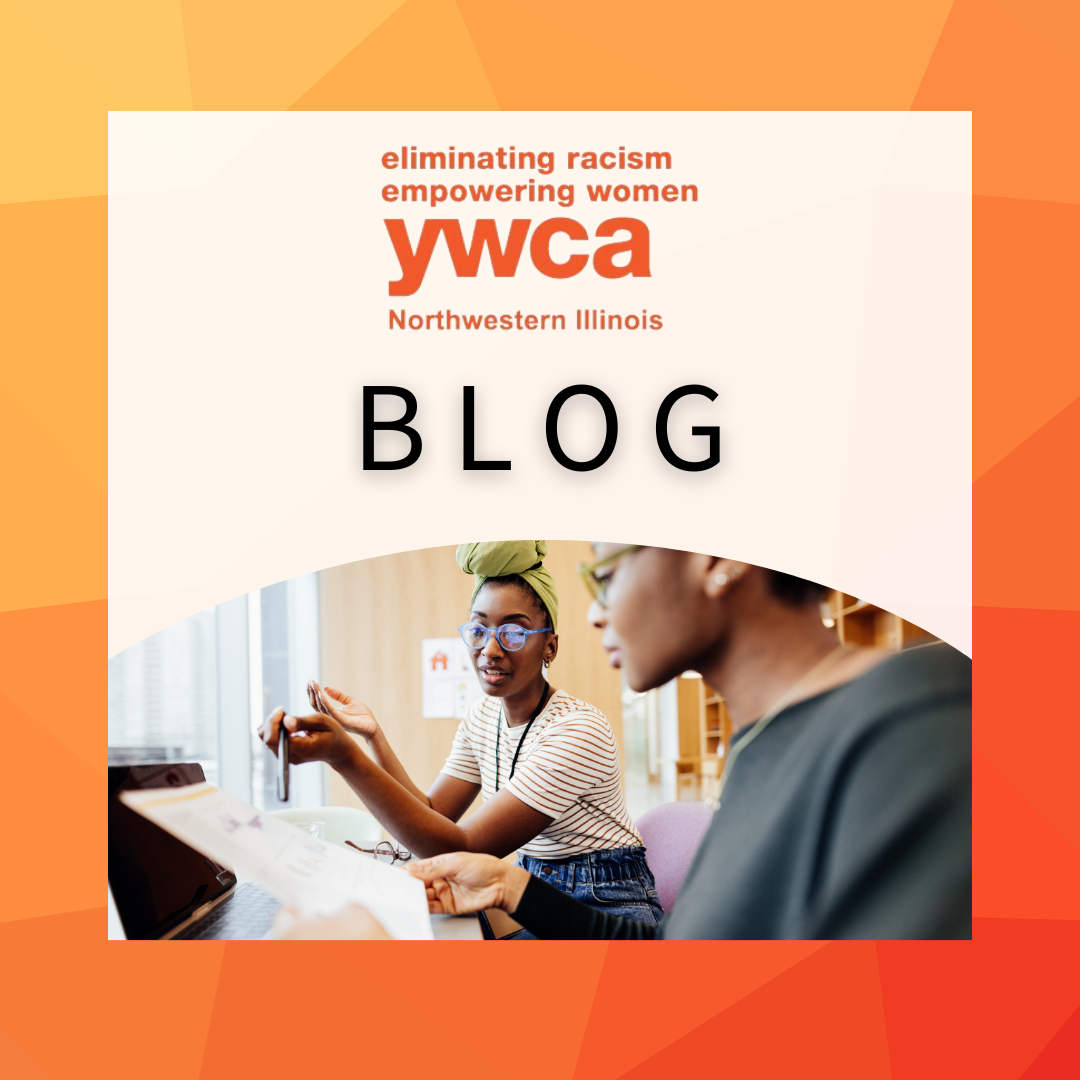The YWCA La Voz Latina has been serving immigrants for years. However, in the past two years, there has been a shift in the countries of origin of the individuals we have been assisting. The immigrant and refugee population has grown far more diversified and the situations we address have become much more complex. It has been extremely important for our team to understand that the majority of these individuals have experienced various forms of trauma.
Throughout the course of their movement, migrants and refugees may encounter a variety of issues and pressures. After that, they might have complicated and nuanced mental health histories resulting from difficult migration routes, torture, and conflict when they reach their destinations.
Before their journey even starts, they may face difficulties like poverty, violence, exposure to armed conflict, persecution, and/or a lack of possibilities for education and growth. Additionally, while traveling, individuals can be exposed to difficult and perhaps fatal situations like violence, incarceration, and a lack of access to resources that would meet their basic requirements.
When they do eventually reach their destination, they frequently encounter new challenges, like poor living conditions, difficulty getting health care and other necessities, being cut off from family and friends, uncertainty about work permits and legal status, and in certain situations, immigration detention.
Occasionally, after they relocate to a community, their lives and situation could get better. But even with housing and work, there might still be obstacles to overcome, like poor living or working conditions, unemployment, issues with cultural, religious, and gender identities, racism, conflict between the host community and the migrant and refugee population, social isolation, and potential deportation. All of these factors often increase the risk of dealing with mental health crisis.
On the other hand, protective factors like social support, language competency in the host community, employment and service accessibility, and family reunion can lessen the negative effects of stressors. Better socioeconomic status, access to education, a sense of security, family ties, coexisting and interacting with individuals of the same ethnic background, a stable and cohesive family structure, and good parental mental health are protective factors for individuals who have become more established.
As a team serving a specific group of individuals, we have to be in constant collaboration with other programs in our agency, such as our Mental Health Crisis Case Manager, the Family Advocacy Center and the Healthy Families Home Visiting Program. Since our Immigrant Services team often has to refer individuals with mental health needs, we have also established strong partnerships with other agencies in the communities we serve. In addition to collaborations, we have found imperative to become more educated on trauma-informed case management and practices.
The YWCA La Voz Latina Immigrant Services have made it a priority to constantly participate in trainings, meetings and other educational activities that address trauma. And in addition to education on this topic, we have also started to engage in activities related to cultural competencies. We aim to become more familiar with the background, culture and history of the communities we serve in order to be able to provide a more culturally-sensitive approach.
– Diego Valdivia, YWCA La Voz Latina, Director of Immigrant Services




